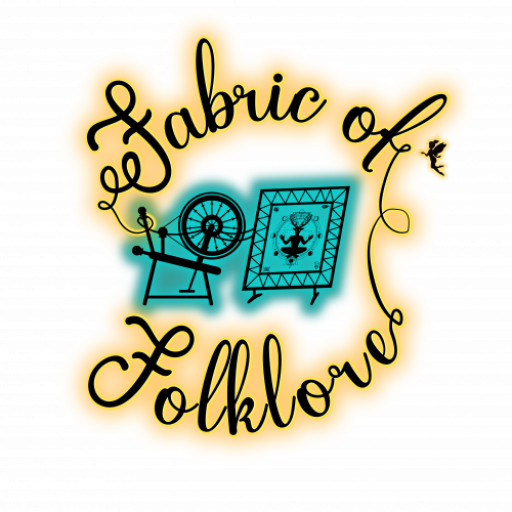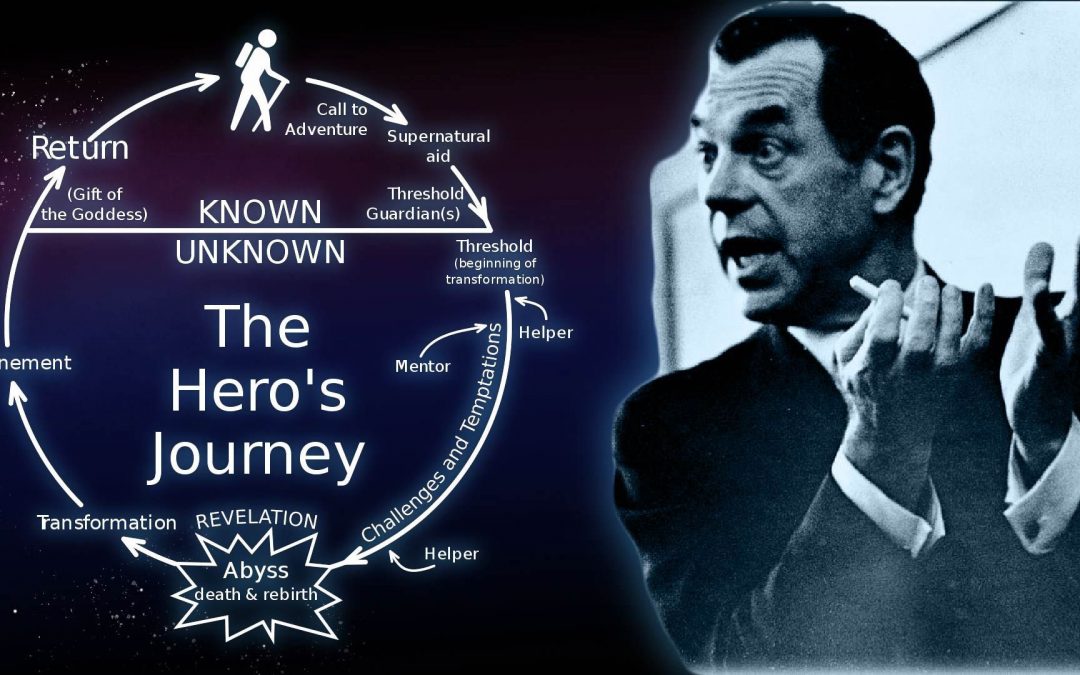NOTES FROM EPISODE 42 (With Bruce Boyce)
In the vast landscape of human history, understanding our shared humanity and the myriad ways in which cultures interpret life’s mysteries has long been a pursuit of scholars, storytellers, and philosophers alike. Among those who have illuminated this quest, Joseph Campbell stands as a towering figure whose work continues to inspire and inform generations. His exploration of world belief systems, encapsulated in his four-volume set, offers a profound journey through the collective consciousness of humanity.
Bottom-up histories, often overlooked in favor of grand narratives, form the bedrock of Campbell’s research methodology. Delving into documents like deeds and records, he unearthed the intricate social structures that underpinned civilizations. Military records and pension documents, in particular, offered invaluable insights into the fabric of societies, revealing the interplay of power, duty, and honor.
Bruce Boyce’s endorsement of Campbell’s work underscores its significance. Campbell’s writings not only unveil the rich tapestry of human beliefs but also emphasize our shared quest for meaning. In a world where answers to life’s fundamental questions vary, Campbell’s approach fosters empathy and understanding across cultural divides.
One of Campbell’s most enduring contributions lies in his ability to make complex ideas accessible. His writing speaks to a wide audience, from academics to filmmakers. Indeed, filmmakers have long drawn upon Campbell’s insights into storytelling, recognizing the universal appeal of the Hero’s Journey—the narrative structure outlined by Campbell.
Critics have scrutinized Campbell’s work, as they do with any seminal figure. Yet, understanding his ideas within the context of his time is crucial. Campbell’s daily routine, characterized by extensive reading and teaching, reflects his commitment to comparative literature and the synthesis of diverse cultural perspectives.
Central to Campbell’s framework is the Hero’s Journey—a roadmap of human experience found in myths and legends across cultures. Through various stages and trials, the Hero’s Journey encapsulates the essence of storytelling, offering a blueprint for narrative resonance.
In today’s fast-paced world, where attention spans wane, the art of storytelling remains as vital as ever. Campbell’s emphasis on concise, digestible narratives resonates deeply. Stories, he believed, were not just entertainment but a conduit for passing down knowledge—a tradition dating back to ancient oral cultures.
Preserving oral traditions is not merely an academic endeavor; it is a testament to the richness of human heritage. In a world increasingly dominated by written records, safeguarding oral-based cultures becomes an urgent imperative.
In the grand tapestry of human thought, Joseph Campbell’s legacy endures as a beacon of wisdom and insight. His exploration of world belief systems, his delineation of the Hero’s Journey, and his advocacy for the power of storytelling continue to resonate, guiding us on our own quest for understanding in an ever-changing world. As we traverse the depths of myth and meaning, Campbell’s work reminds us of the shared humanity that unites us all.

